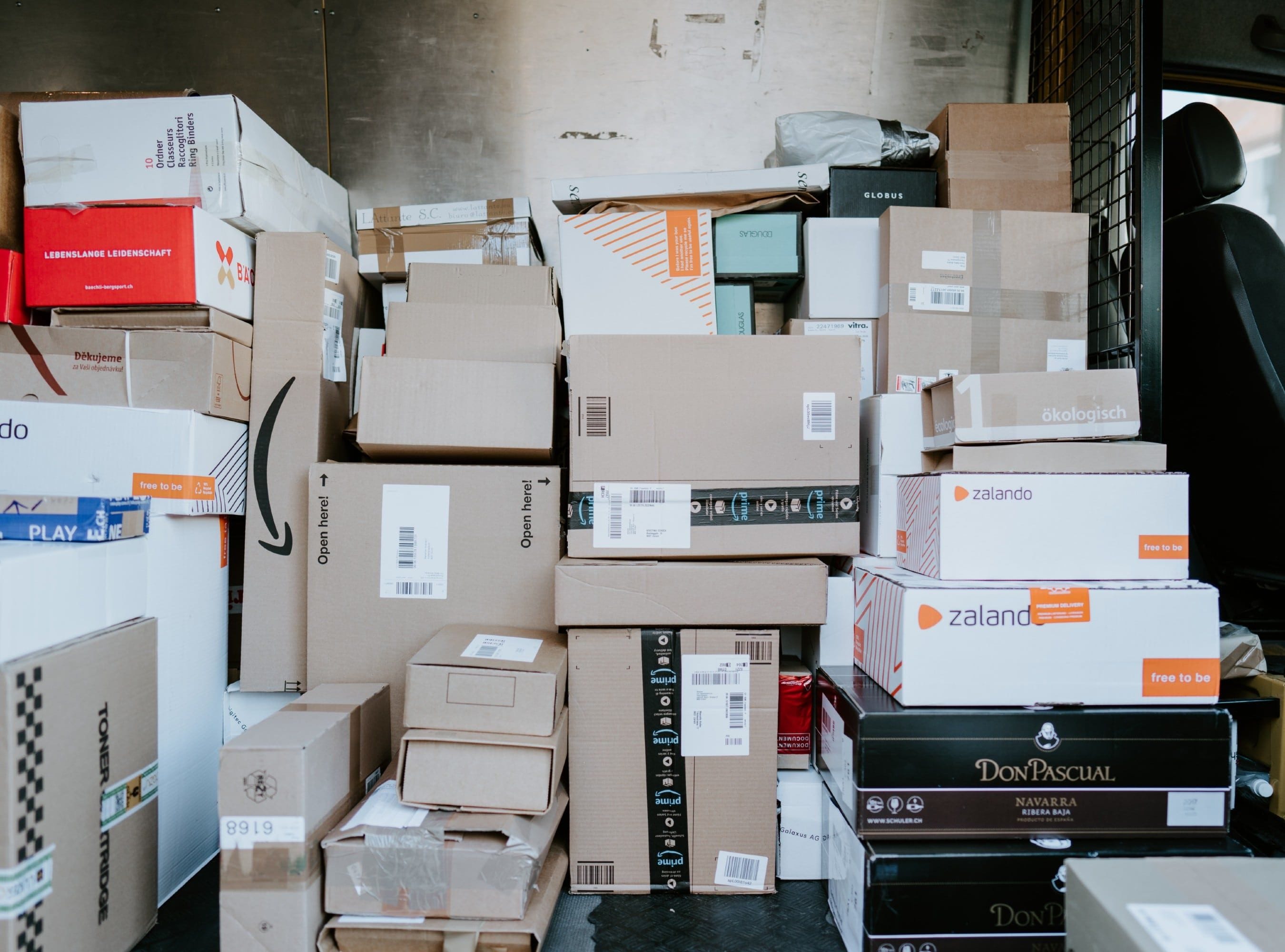NY State Sues Amazon Over Alleged Failures to Protect Workers From COVID-19
New York sues Amazon, alleging failures to protect warehouse workers from COVID-19 and retaliation against those who spoke out, raising questions about workplace safety.
Updated on
On February 16, 2021, New York Attorney General Letitia James filed a lawsuit against Amazon, alleging it failed to protect workers at two warehouses from the COVID-19 pandemic. The complaint further asserts that Amazon took retaliatory action against employees who spoke out against warehouse conditions.
Allegations Against Amazon
The complaint, filed in a New York state court in Manhattan, names Amazon.com Inc., Amazon.com Sales, Inc., and Amazon.com Services Inc. as defendants. In the complaint, New York alleges that Amazon “has repeatedly and persistently failed to comply with its obligation to institute reasonable and adequate measures to protect its workers from the spread of the virus” in two New York City facilities: JFK8, a Staten Island fulfillment center, and DBK1, a distribution center in Queens.
The complaint alleges that Amazon failed to meet workplace health and safety requirements set forth in New York labor laws for the protection of workers in its warehouses, including cleaning and disinfection, contact tracing, and allowing employees to take the time they needed to wash their hands, clean work areas, engaging in social distancing, and take similar steps.
In addition, the complaint claims that when Amazon workers raised objections and complaints about the company’s actions, “Amazon took swift retaliatory action to silence workers’ complaints” in violation of state whistleblower laws. For instance, Amazon allegedly fired Christian Smalls, a worker who led a protest over conditions at the Staten Island warehouse.
The complaint also alleges that Amazon has continued in its various failures to protect workers since at least March 2020. These include deficient attempts at contact tracing and poor cleaning, as well as continuing to hold workers to stringent productivity requirements that interfered with workers’ ability to clean, practice appropriate personal hygiene, or socially distance.
Previous Cases Against Amazon
The COVID-19-related case brought by the state of New York is far from the first against Amazon. The company was previously involved in a lawsuit in 2020 brought by employee Derrick Palmer and two other workers, who alleged the company retaliated against them after they sought better safety protections at the Staten Island warehouse during the pandemic. That lawsuit was later dismissed.
Another case—a federal class action—was filed on behalf of several Black and Latinx Amazon employees over the company’s alleged failures to provide PPE and allow for proper sanitization. The lead plaintiff claims that after he organized protests against these conditions at a New Jersey warehouse, his employment was terminated.
The New York Attorney General’s echoes many of the concerns raised in these previous cases, including claims about lack of personal protective equipment, sanitization, poor contact tracing, the inability of workers to adequately social distance or have time to clean their own workspaces, and claims of retaliatory action taken against workers who spoke up. Amazon now faces these claims in both state and federal courts, in various forms.
What to Expect In This Case
The early months of the COVID-19 pandemic came with a host of uncertainties and little, if any, federal guidance. The U.S. Occupational Safety and Health Administration (OSHA), for example, chose to provide only optional guidance to workplaces for many months, rather than setting a clear standard for compliance when it came to the pandemic and worker safety. Lack of contact tracing in the early stages of the pandemic poses another hurdle. With little or no data on how the virus spread from person to person, it can be difficult to establish whether workers who contracted COVID-19 did so from co-workers or from another source.
As a result, determining whether, how, and to what extent a company is liable for worker illness or death from COVID-19 remains a complex question. Expert witnesses will likely play a key role in many of these cases. For example, epidemiologists and virologists may be asked to weigh in on the ways COVID-19 spreads, particularly in the workplace. Experts who focus on workplace health and safety, ventilation, sanitation, and similar OSHA-related questions may also be asked to opine on how a particular workplace’s setup and standards may or may not have contributed to workers becoming ill with the virus.
As these cases work their way through the courts, the details of workplace safety during the pandemic and identifying liable parties will become clearer with the help of a variety of expert witnesses.


